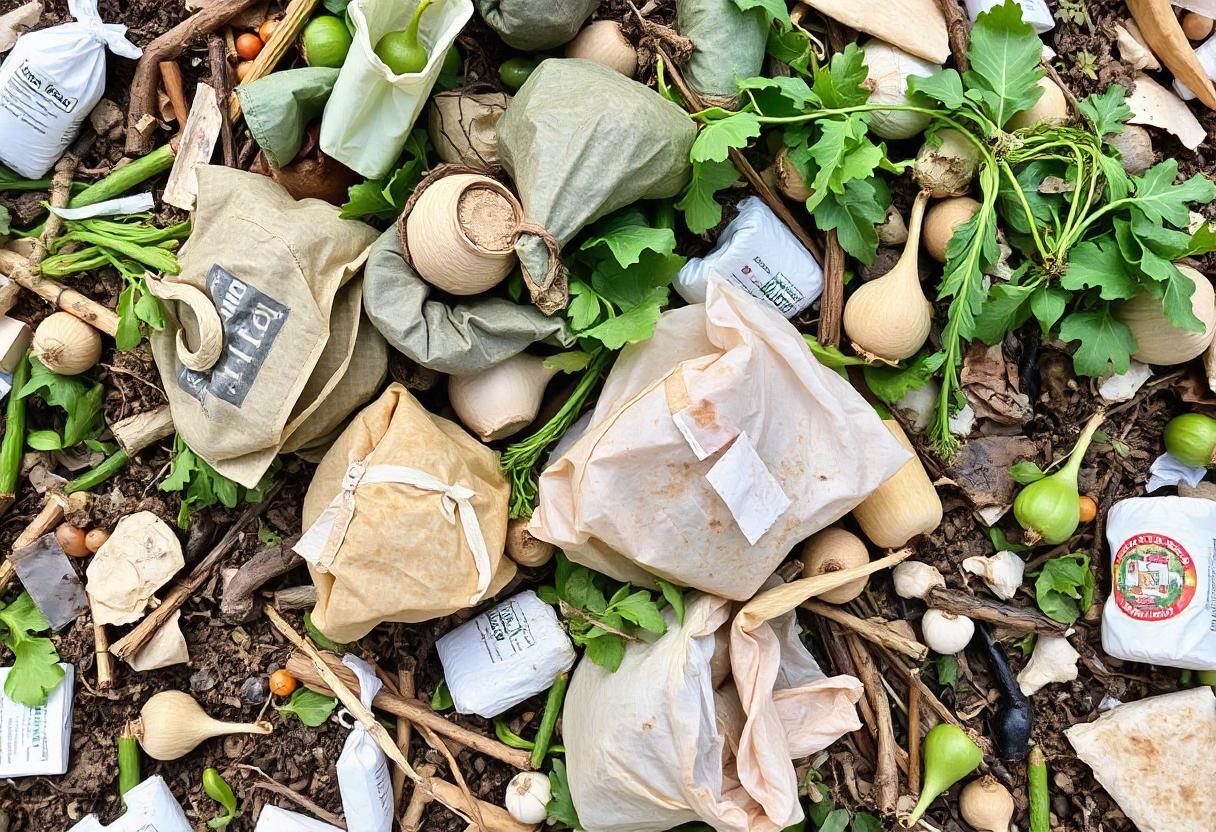
Introduction
Agricultural waste, also known as agro-waste, refers to the organic and inorganic residues that result from various agricultural activities. This waste can originate from both crop production and livestock farming. With the global focus on sustainability, the management and utilization of agricultural waste have become crucial to reducing environmental impact and improving the overall efficiency of the agricultural sector.
Types of Agricultural Waste
Agricultural waste can be classified into various types based on its origin:
- Crop Residues: These include leftover plant materials such as stems, leaves, husks, and roots after harvesting crops like rice, wheat, maize, and sugarcane.
- Livestock Waste: This type of waste comes from livestock farming, including manure, bedding materials, and by-products from meat, dairy, and poultry production.
- Aquaculture Waste: Waste generated from fish farming, including uneaten fish feed, fish excreta, and chemicals used in aquaculture practices.
- Agro-industrial Waste: By-products from food processing industries, such as fruit peels, shells, and husks, are also a significant part of agricultural waste.
Environmental Impact of Agricultural Waste
Agricultural waste, when not managed properly, can have a negative impact on the environment. Some of the key concerns include:
- Air Pollution: The burning of crop residues, a common practice in many countries, leads to the emission of greenhouse gases and particulate matter, contributing to air pollution and global warming.
- Water Contamination: Livestock waste, if not treated properly, can seep into water bodies, leading to contamination and eutrophication, which depletes oxygen levels in water and harms aquatic life.
- Soil Degradation: Inorganic agricultural waste such as pesticides, fertilizers, and plastics can degrade soil quality, reducing its fertility and long-term productivity.
Utilization of Agricultural Waste
Effective management and utilization of agricultural waste can offer numerous benefits, including:
- Composting: Crop residues and livestock manure can be composted to create organic fertilizers, improving soil health and reducing the need for chemical fertilizers.
- Bioenergy Production: Agricultural waste can be converted into bioenergy through processes like anaerobic digestion, which produces biogas that can be used as a renewable energy source for heating, cooking, and electricity generation.
- Animal Feed: Certain types of agricultural waste, such as fruit peels and crop residues, can be repurposed as feed for livestock, reducing the reliance on commercial feed.
- Biochar: A carbon-rich product derived from agricultural waste, biochar is used to enhance soil fertility, improve water retention, and reduce the emission of greenhouse gases from agricultural activities.
Challenges in Agricultural Waste Management
Despite the potential for utilizing agricultural waste, several challenges hinder its effective management:
- Lack of Awareness: Many farmers are not aware of the benefits and methods of agricultural waste utilization, leading to improper disposal and wastage.
- Infrastructure Gaps: The lack of proper infrastructure for waste collection, transportation, and processing, particularly in rural areas, poses a significant barrier to waste management efforts.
- Financial Constraints: Small-scale farmers often lack the financial resources to invest in waste management technologies or practices, which limits their ability to harness the benefits of agricultural waste.
Government Initiatives and Policies
Many governments are recognizing the importance of sustainable agricultural waste management and have implemented various policies and initiatives:
- Subsidies and Incentives: Some countries offer subsidies or financial incentives to farmers who adopt sustainable waste management practices such as composting or bioenergy production.
- Research and Development: Governments are investing in research and development to explore innovative methods for utilizing agricultural waste, such as advanced composting techniques, waste-to-energy technologies, and biodegradable packaging materials made from agro-waste.
- Public Awareness Campaigns: To encourage widespread adoption of sustainable practices, public awareness campaigns are being conducted to educate farmers and communities about the benefits of proper agricultural waste management.
Role of Technology in Agricultural Waste Management
Technology plays a crucial role in addressing the challenges of agricultural waste management. Some examples include:
- Precision Farming: By using sensors and data analytics, precision farming techniques can minimize waste generation by optimizing the use of inputs such as water, fertilizers, and pesticides.
- Waste-to-Energy Technologies: Technological advancements have led to the development of efficient waste-to-energy systems, such as biogas plants and biochar production units, that allow farmers to convert waste into valuable resources.
- Smart Composting Systems: Automated composting machines and smart sensors are being developed to streamline the composting process, making it easier for farmers to produce high-quality organic fertilizers from agricultural waste.